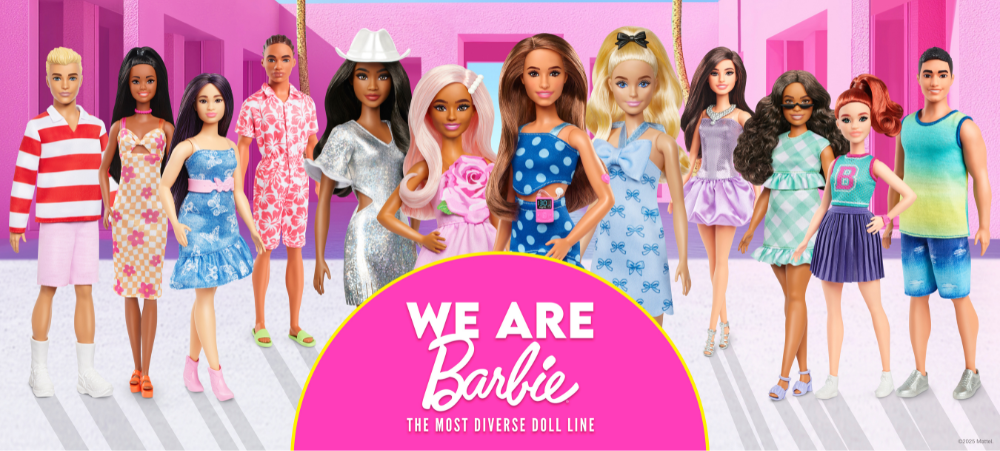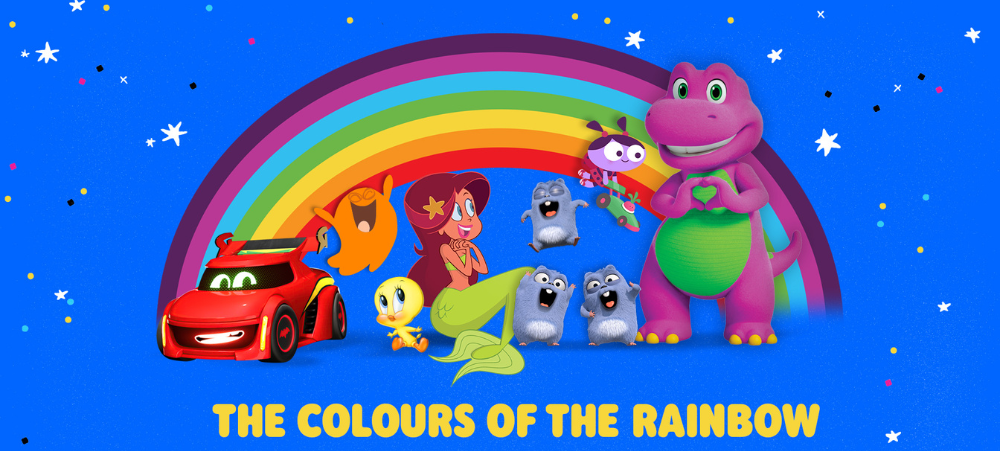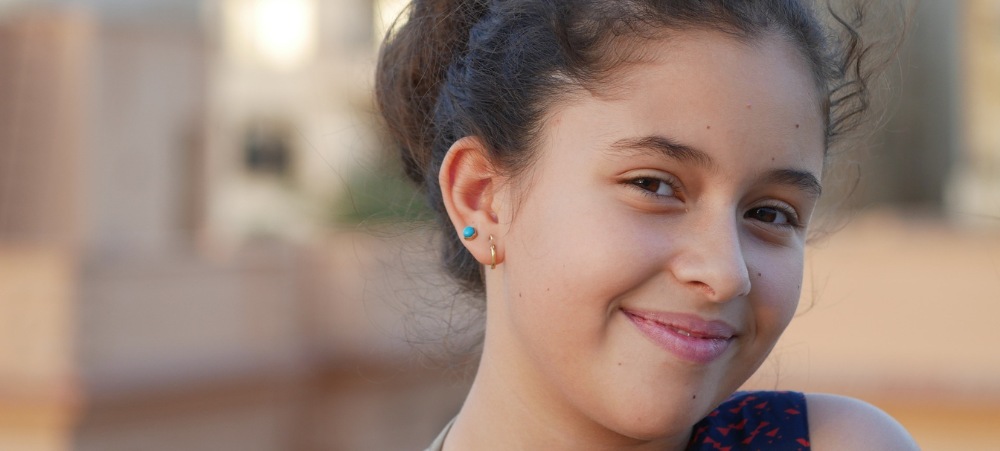
Barbie® Introduces First-Ever Barbie Doll with Type 1 Diabetes to Expand Representation and Inspire More Children
Mattel, Inc. (NASDAQ: MAT) announced that Barbie® is debuting the first Barbie doll with type 1 diabetes (T1D). This addition to the line enables more children to see themselves reflected in Barbie and encourages doll play that extends beyond a child’s own lived experience, thereby fostering a greater sense of inclusion and empathy – all pillars of the Barbie brand’s mission. “Introducing a Barbie doll with type 1 diabetes marks an important step in our commitment to inclusivity and representation,” said Krista Berger, Senior Vice President of Barbie and Global Head of Dolls. “Barbie helps shape children’s early perceptions of the world, and by reflecting medical conditions like T1D, we ensure more kids can see themselves in the stories they imagine and the dolls they love.” To ensure the doll design truly captures the community, Barbie partnered with Breakthrough T1D (formerly JDRF), the leading global type 1 diabetes research and advocacy organization committed to accelerating life-changing breakthroughs to cure, prevent, and treat type 1 diabetes and its complications. T1D is a chronic autoimmune condition that causes the pancreas to make very little insulin or none at all, leading to dependence on insulin therapy and the risk of short and or long-term complications. Barbie worked closely with Breakthrough T1D to accurately reflect the medical equipment those with this condition may utilize and the doll’s look, all the way down to the dress pattern: “We were thrilled when Barbie approached us to collaborate on the development of the Barbie doll with type 1 diabetes,” said Aaron J. Kowalski, Ph.D., CEO of Breakthrough T1D. “I have lived with T1D since I was 13, and my brother since he was 3, so this partnership is deeply personal – it means the world to be part of bringing greater visibility to a condition that affects so many families. It’s an honour to work with a brand that shares our commitment to showing children that a life with type 1 diabetes can be full, vibrant, and empowering.” Locally, this doll is supported by the Diabetes Alliance, a national coalition of organisations and individuals committed to improving the lives of people living with diabetes in South Africa. “The introduction of a Barbie doll with a continuous glucose monitor or CGM is a powerful moment for diabetes awareness. It reflects one of the most important innovations in diabetes care in recent years, namely continuous glucose monitoring, which has transformed the lives of many people living with diabetes, especially children. By bringing this reality into the hands of children everywhere, we help reduce stigma, spark empathy, and foster important conversations in families, schools, and communities,” says Dr Patrick Ngassa Piotie, Chairperson, Diabetes Alliance South Africa. Barbie also honoured two global role models and type 1 diabetes advocates – Peloton Instructor Robin Arzón in the US and model Lila Moss in the UK. South Africa has two local ambassadors championing visibility for T1B, Holly Rey, the 29-year-old Multi-Platinum selling, and Multi-Award Winning South African artist, and 10-year-old dancer, Sayuri Sewsunker. “Growing up with Type 1 Diabetes, I always felt like an outsider. I was looked at like I had something wrong with me and was bullied as a result of it. Diabetes was viewed as something that you did to yourself and this lack of understanding led to being called names, being left out of activities, birthday parties and sports teams. The truth is, I found a lot of comfort in playing with my Barbie’s as a child. If there was a Barbie with type 1 diabetes back then, I think it would have really changed my life. Not only would it have made me feel seen and feel like there was nothing wrong with me, but it also would have made kids at school realise that having Diabetes does not mean that there is something wrong with you, in fact it makes you special. Because if Barbie has Diabetes, then it must be ok for me to have diabetes, it might even be cool,” says Holly Rey. “I truly believe that this Barbie with Diabetes is going to create so much awareness around Diabetes and change the narrative around what diabetes is and who it looks like. Diabetes, type 1 and 2, affects millions of people and I think that this Barbie is going to ignite some very important conversations that need to be had, not just with kids, but with adults, society and healthcare system decision makers.” The Barbie Fashionistas line features more than 175 looks across various skin tones, eye colours, hair colours and textures, body types, disabilities, and fashion styles, including a Blind Barbie doll, a Barbie doll with Down Syndrome, and a Barbie doll with Hearing Aids, among others. In 2020, Barbie kicked off a multi-year study with researchers at Cardiff University on the short-term and long-term benefits of doll play. It has been found that doll play serves an incredible purpose during key developmental stages, as it may help set children on a course for success by fostering empathy and developing social skills needed to excel, all while imagining their futures on an equal playing field. The 2025 Barbie Fashionistas dolls commit to a minimum of 50% ISCC-Certified bio-circular plastic (Mass Balance Approach), with all boxes made from FSC-certified materials. By incorporating ISCC-certified plastic into these dolls, Barbie aims to reduce reliance on fossil-based materials in support of a more circular economy. The 2025 Barbie Fashionistas dolls, including the Barbie doll with Type 1 diabetes, are now available on Mattel Shop and at retailers nationwide.







